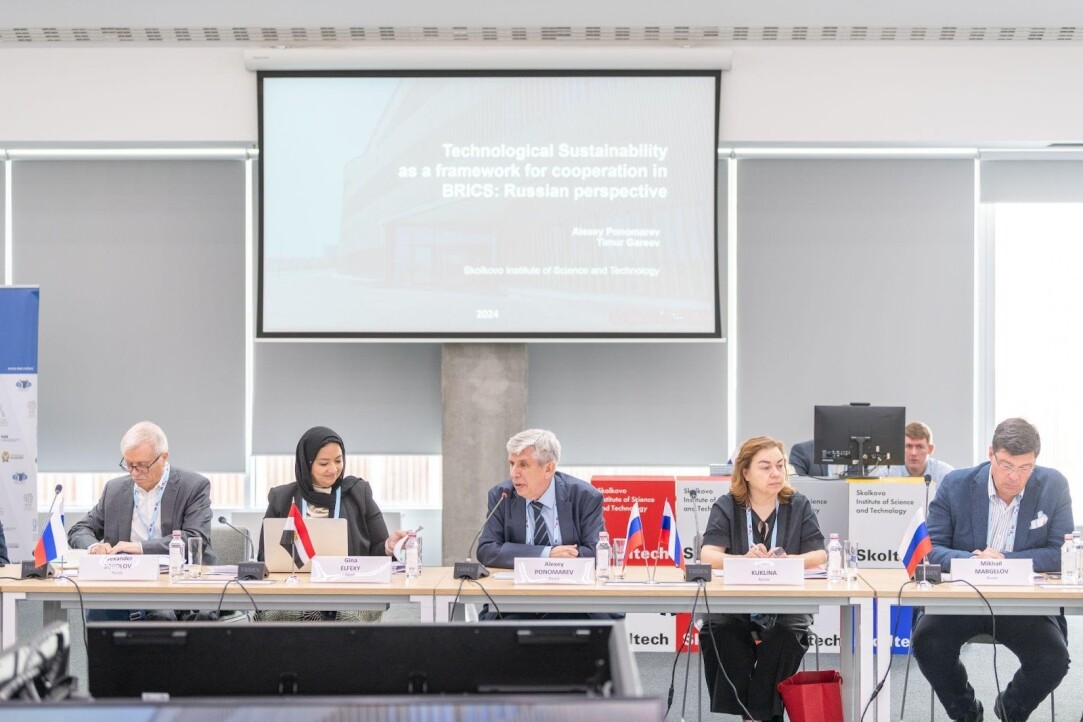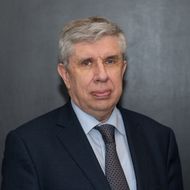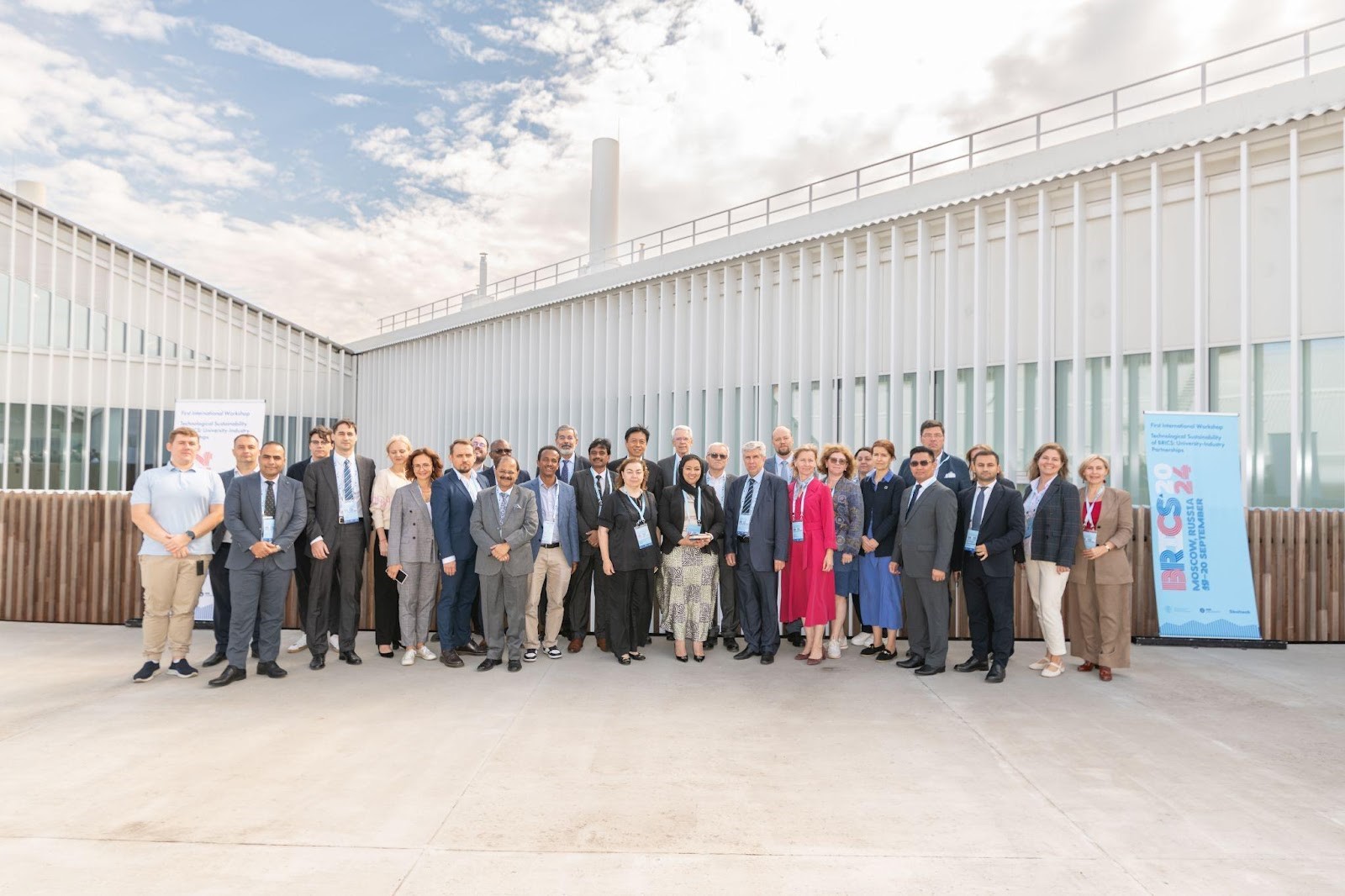HSE Experts Take Part in the First International Workshop on Technological Sustainability of BRICS

On September 19–20, Skoltech hosted the First International Workshop on Technological Sustainability of BRICS: University-Industry Partnerships, organised jointly with HSE University Human Capital Multidisciplinary Research Center. The meeting was held as part of the BRICS working group on technology foresight and science and technology studies.
In 2024, the year of Russian BRICS chairship, researchers and experts from Russia, India, China, South Africa, Ethiopia, Egypt, and other countries gathered at Skoltech to discuss how to establish effective cooperation between education, science, and industry and what technological areas can boost international cooperation.

Alexey Ponomarev
‘Today, when we face new political, cultural, and economic threats, we invite our colleagues to discuss cooperation between science and industry, which aims to increase the technological sustainability of countries and ensure their technological sovereignty. One of the issues that we propose to discuss today is how we can build cooperation to bring our competencies and expertise together to achieve equality in the technology sector in the future. We propose Skoltech as a platform to design practical solutions to advance technology policy across the BRICS countries. I hope this exchange of ideas will be useful,’ said Skoltech’s Senior Vice President for Industrial Cooperation Alexey Ponomarev at his welcoming speech.
Deputy Director of HSE Institute for Statistical Studies and Economics of Knowledge, Professor Alexander Sokolov, and Head of HSE ISSEK Laboratory for Science and Technology Studies Liliana Proskuryakova made presentations on future studies and promising areas of science and technology development in different industries and sectors of economy.

Alexander Sokolov
Alexander Sokolov noted: ‘Science and technology play a vital role in ensuring social and technological development in all countries. Technology foresight is the best tool for assessing science, technology, and innovation (STI) prospects, STI priority setting, designing effective science and technology policies. The majority of BRICS countries have already applied this tool for achieving technological sovereignty and searching for technological solutions that increase global competitiveness. For many years HSE University has closely cooperated with all BRICS countries in advancing technology foresight. Today’s seminar is another step towards strengthening this cooperation with a focus on involving new members in technology forecasting activities.’

At the workshop, representatives of research organisations from BRICS countries, among other topics, spoke on the South African science and technology agenda, science and technology cooperation between Russia and the Middle East countries, science and technology ecosystems encompassing Egypt and its regional and international partners, and university-industry cooperation on sustainable energy in Ethiopia. At the session on new risks for technological sustainability, representatives from China, India, and Brazil discussed the competitiveness of the BRICS countries in addressing science and technology issues, as well as the need for their own research and development in the era of technological protectionism.
